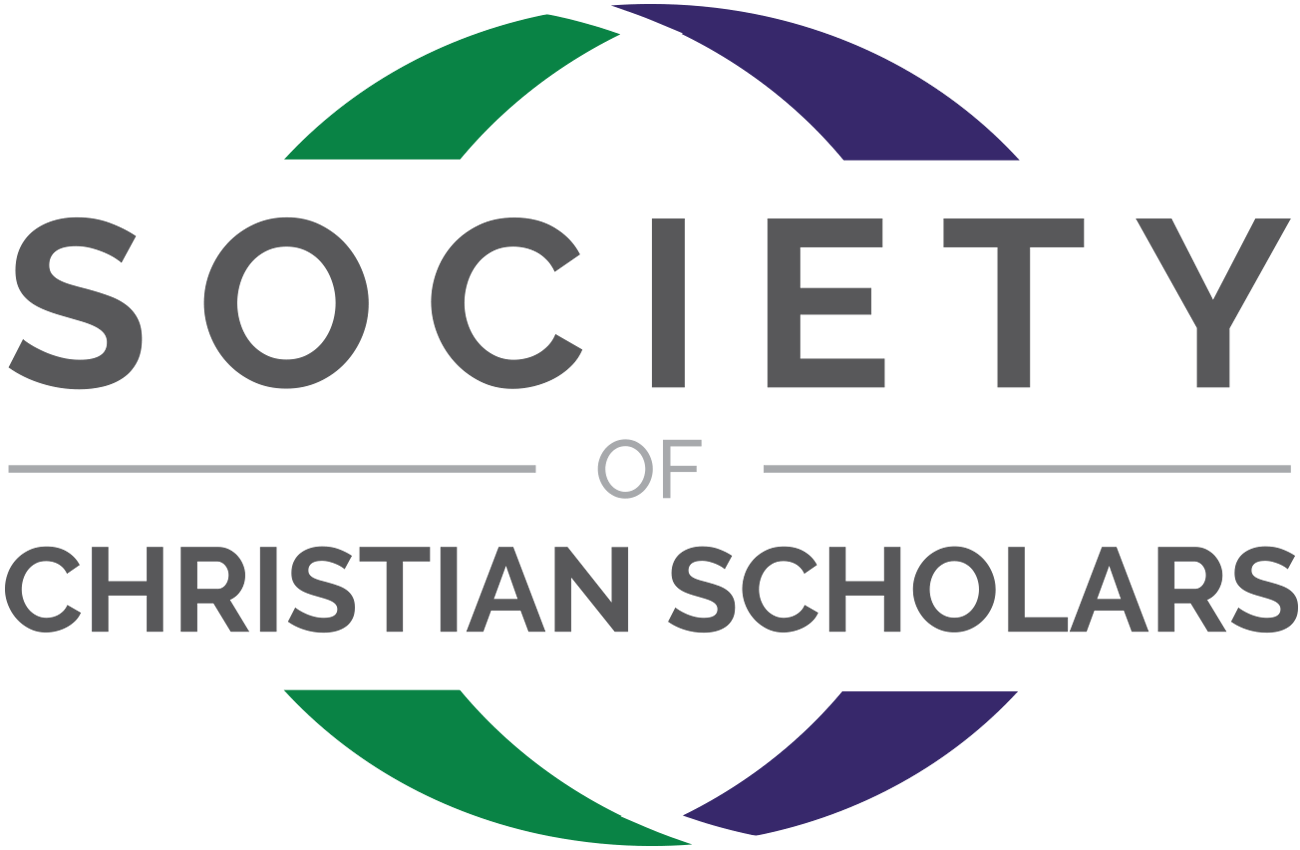|
I must have been 22 when I first read John Kenneth Galbraith’s The Age of Uncertainty. This book showed how the world moved from the certainty of 19th-century economic thought into the uncertain world of the free market. As I paced the corridors of the University of Ibadan, Nigeria, reflecting on Galbraith’s arguments and trying to grapple with the existential challenges of neo-colonial Africa, I was almost in despair. At some point I found solace in the dialectical materialism of Marx; embraced the audacious theories of Proudhon, Kropotkin, William Godwin and Thoreau; and drank to the full Gandhi’s “Story of My Experiments with Truth.”
With time, the free market proved resilient. Although it created a world of huge inequalities and marginalized peoples, it also opened a wide corridor for social welfare (surreptitiously annexing some of the best ideals of democratic socialism). In the end, the proletariat did not overthrow the system. They rather came to terms with it. The world that emerged was not perfect, but it was fairly certain and predictable. People learnt to live with the virus of inequality.
Today, the world is living with another kind of virus – the 2019 novel coronavirus. It has ushered in another age of uncertainty, and nobody knows how long this will last or what things will look like in the next six months. Within a short period, academic calendars have been disrupted, national borders closed, international and national flights suspended, cities shut down and much of social life dislocated. Although the world is trying to open up, it is doing so with uncertainty, as infection and fatality rates are still high.
In a time of uncertainty, people may fall into despair, fear, impatience, intolerance and even brutality. This season could bring about suspicions and heighten the we-against-them mentality. The age of uncertainty could create a void in the souls of many, giving birth to a new breed of predators and a rebellious generation bereft of faith, hope and love. If Christian scholars do not rise to the challenge, another Marx may emerge to fill the void created in young minds. A Hitler may arise to capitalize on our vulnerabilities and propagate a dangerous ideology. In this season, we should stand as watchmen. We must not allow the world to seize the narrative.
When ancient Egypt was at the threshold of uncertainty, the vision of Joseph and his managerial skills reversed its fortunes. When Babylon found itself on the threshold of uncertainty, Daniel’s deep insights and wisdom were the elixir Nebuchadnezzar needed to flourish. Today, as the world passes through a season of uncertainty, let our presence make the difference. Now more than ever, Christian scholars must define their roles in society. The age of uncertainty challenges us to reflect deeply on our missiological calling. May our lights shine brighter in our academic disciplines and in our communities. Perhaps a message to our students, a prayer, a Zoom meeting with a colleague, an essay in a local newspaper or a word of encouragement could be redemptive. Various resources at our Society member site can equip us to reach our world more effectively. Especially helpful in these uncertain times is our Curricula Page.
May we pray for the grace to be used by God in this season of uncertainty.
|

